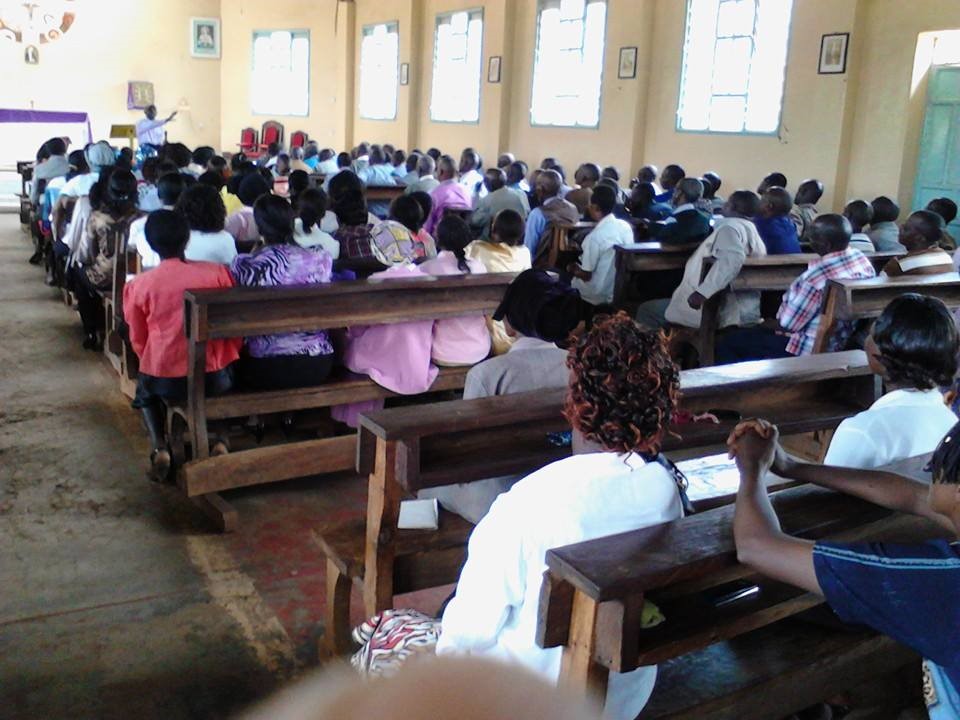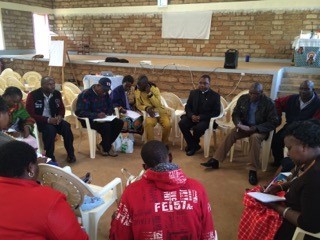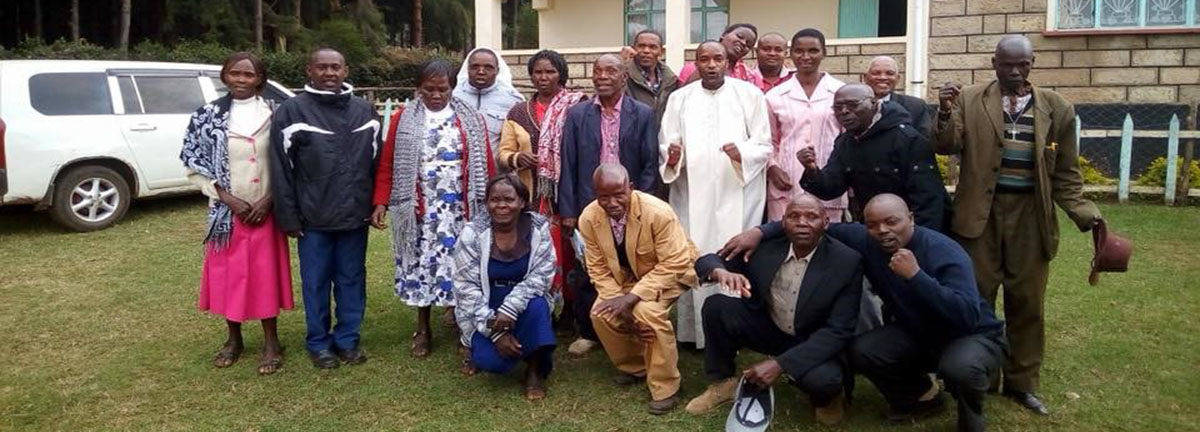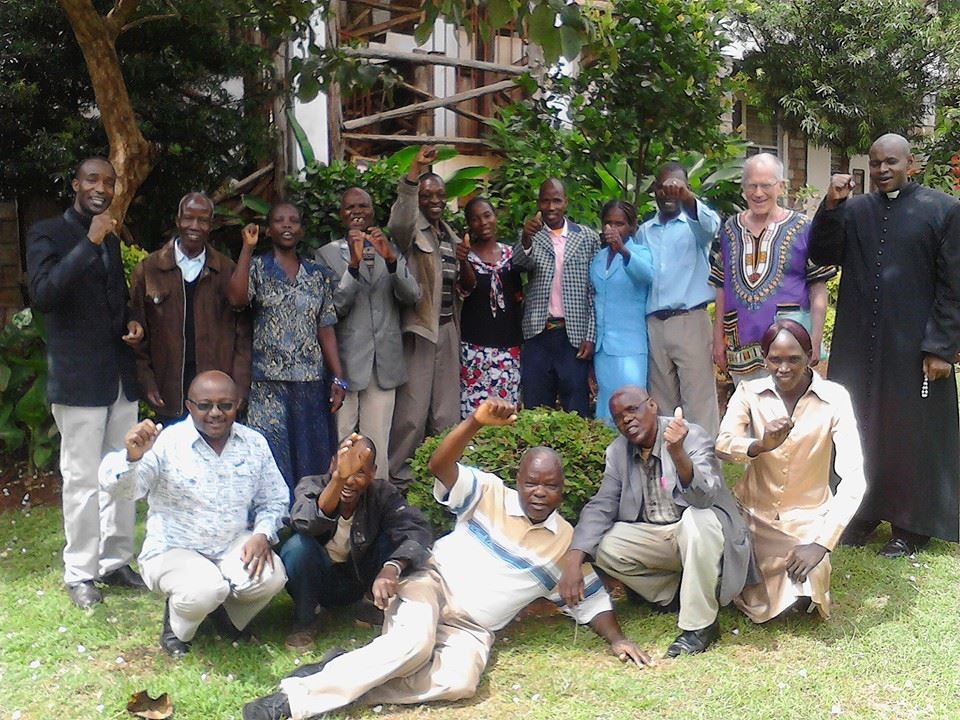To help the church leaders effectively work together to accomplish God’s mission through sustained pastoral excellence the Ministry of SCCs is involved in the training of leaders in the entire Diocese.
SCCs office has designed training tools to help parishes, pastors and church leaders work together effectively.
 The Bible teaches us many things on the nature of Christian leadership. Most of these profound ideas come from the life of Christ and his teachings on leadership (Mark 10:41-45).
The Bible teaches us many things on the nature of Christian leadership. Most of these profound ideas come from the life of Christ and his teachings on leadership (Mark 10:41-45).
SCCs leaders are trained in the model of Christ the servant leader. In his incarnation Christ embodies the message of servant love (Phil2:1-11; John 13:12-17).
We help the leaders to follow the biblical principle of servanthood. In Ephesians 5:1-2, Paul calls believers to imitate God in his self-giving actions:
“Therefore be imitators of God, as beloved children, and live in love, as Christ loved us and gave himself up for us, a fragrant offering and sacrifice to God” (Eph 5:1-2).
 We form the SCCs leaders whose goal is to love and serve those they lead by helping them find and productively use their gifts in the ministry.
We form the SCCs leaders whose goal is to love and serve those they lead by helping them find and productively use their gifts in the ministry.
God’s purpose is to reconcile all things to himself, thus, SCCs leadership involves the intentional pursuit of such reconciliation at every level of the parish community. We form leaders who help the communities to embody their life and Christian practices that witnesses to the gospel and appropriate to the community’s setting, resources and purpose.
We nurture leaders who make these factors present for effective leadership:
- Character in the leader which generates trust on the part of followers.
- Conviction in the leader that helps the community to discern their mission and vision.
- Competent leaders to help the community function as a healthy system ( ie, deal with the anxieties and conflicts of communal life in healthy and productive ways).
To achieve this type of leadership we use the following models of training:
- Leadership Retreats
We use recalled experience from personal to group level
- Leadership workshops
Practical sessions in small groups with leaders.
Meetings of the leaders from all the small groups for evaluation.
Case studies
- Visiting communities
To make contact with the group members and their leaders for direct experience.
Evaluate the organization of the communities and their effectiveness.


